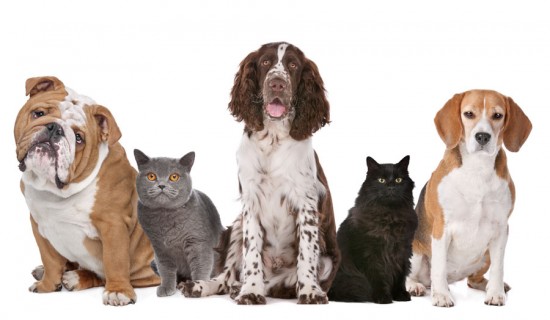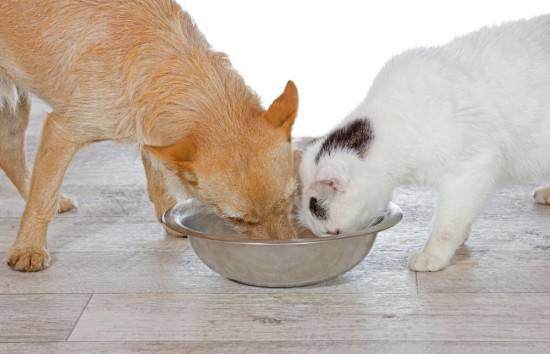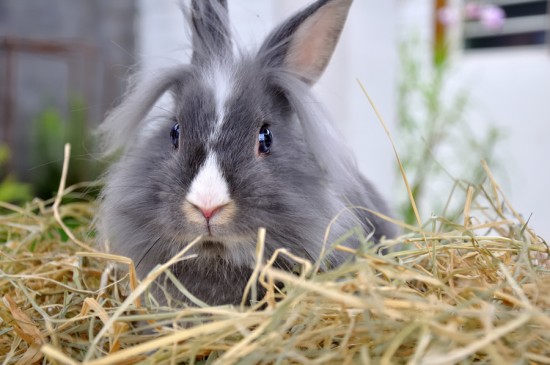

If current pet statistics are to be believed, and there is no reason that we shouldn’t, then it is official – we are, most definitely, a nation of animal lovers. As some recent surveys show the number of households in the U.K that own at least one pet has risen significantly over the last few years. Not even the current economic downturn has affected our love of all things furry!
Amongst these pets dogs are the favourite whilst cats come in a close second.
Other favourite pets include:
The four most quoted reasons given for people owning a pet are as follows:
With reference to companionship it is interesting to note that around 39% of people living in and around London said they felt the need for the company a pet could bring despite having more than 7 million neighbours!
Regionally it would seem that the South West and Wales have the highest density of pets than any other region, whilst London, Scotland and Northern Ireland have the least – although this by no means intimates a lack of non-working dogs, cats and other domestic animals.
Yet amazingly it would seem that for all this a survey carried out to track the outcome of Lost Pets showed that in the last five years only 15% of people reported a dog or cat missing.
And one has to wonder why this should be the case, when of the animals reported missing there is a high instance of them being reunited with their owners.
It would be hard to think that the modern day phenomenon of the throwaway commodity has stretched to our pets too.
Even more shocking is the fact that animal cruelty is also on the rise.
According to RSPCA figures relating to cruelty and neglect, these rose by nearly a quarter last year. This saw also saw a rise in prosecutions too with more people being banned from keeping animals and having prison sentences imposed for animal cruelty.
So it would seem that our relationship with the pets we keep is a complex issue. Although for true animal lovers the answer of course would be straight forward – if you don’t want a pet and can’t be bothered to look after it then don’t get one. And quite right too - but often neglect stems from lack of knowledge – how often have you heard someone say they got a certain type of pet because they believed it didn’t need much attention?
It is a commonly held misconception, for example, to think that smaller breeds of dog don’t need walks, or cats, being hunters, can look after themselves. Yet nothing could be further from the truth. However much we may have interfered with the way a dog looks through the selective breeding process it is still basically a dog and as such has all the same instincts and needs as their less illustrious mutt cousins.
In the same vein, it’s simply not true that all cats are good at hunting. Apart from the fact that ‘free range’ food comes with all kinds of hazards – worms are a serious issue for cats and can be highly debilitating. Often animals seen as pests are poisoned – if a cat eats the carcass then it too will be similarly affected by the contaminated meat.
Cruelty though is another issue altogether. And not one that I have an answer for here, except to say that whilst these atrocities that we sometimes hear or read of are on the rise, so too are the number of people that report them. In fact the number of phone calls from concerned members of the public, received by the RSPCA last year, saw a 13% rise on the year before.
So what are to make of these facts and figures?
And yet at the same time, if we are to be at all positive, it has to be seen as heartening too, that there are people out there, who are willing to look out for our pets and what’s more... statistics show the numbers are growing.
 How To Feed Individual Diets In A Multi-pet Household
How To Feed Indiv
How To Feed Individual Diets In A Multi-pet Household
How To Feed Indiv
 Prepare your dog for a trip with airline approved pet carrier
Prepare your dog for a trip with airline approved pet carr
Prepare your dog for a trip with airline approved pet carrier
Prepare your dog for a trip with airline approved pet carr
 Dogs And Den Behaviour
Dogs And Den Beha
Dogs And Den Behaviour
Dogs And Den Beha
 Should I Buy Or Adopt A Rabbit?
Should I Buy Or A
Should I Buy Or Adopt A Rabbit?
Should I Buy Or A
 The Main Characteristics Of The Schnoodle Dog
The Main Characte
The Main Characteristics Of The Schnoodle Dog
The Main Characte
Copyright © 2005-2016 Pet Information All Rights Reserved
Contact us: www162date@outlook.com